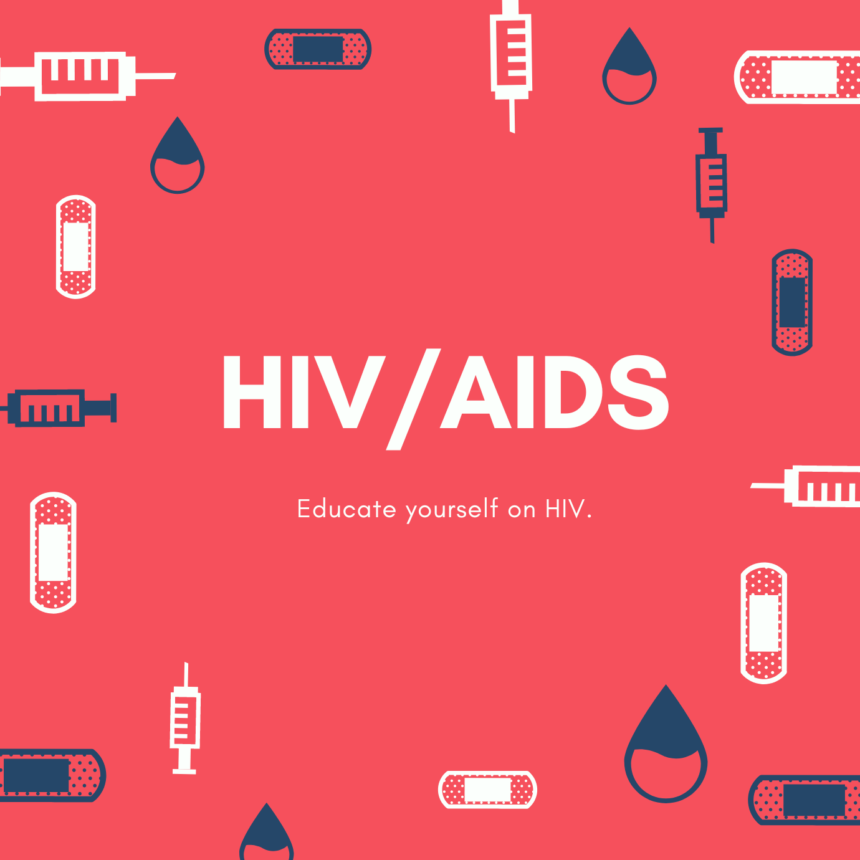This guide focuses on the unique challenges faced by adolescents living with HIV and offers strategies to provide tailored support to this vulnerable population.
- Adolescents and HIV: Understanding the Context: The guide begins by providing an overview of the prevalence of HIV among adolescents and the specific challenges they encounter. It highlights the importance of addressing their distinct needs to improve health outcomes.
- Disclosure and Privacy Concerns: Adolescents living with HIV often grapple with issues related to disclosure of their status and concerns about privacy. This section explores the complexities of disclosure and offers guidance on how healthcare providers, parents, and caregivers can support adolescents in navigating these sensitive matters.
- Psychosocial Support for Adolescents: Adolescence is a crucial developmental stage, and living with HIV during this period can pose additional emotional and psychological challenges. The guide emphasizes the need for psychosocial support services tailored to meet the unique needs of adolescents with HIV.
- Sexual and Reproductive Health: Addressing sexual and reproductive health is crucial for adolescents living with HIV. The guide discusses strategies to promote safe sexual practices, access to contraceptives, and comprehensive sexual health education.
- Medication Adherence and Self-Care: Ensuring proper adherence to HIV medication is vital for managing the virus effectively. This section offers insights into promoting medication adherence and fostering a culture of self-care among adolescents with HIV.
- Supportive School Environments: Adolescents spend a significant portion of their time in educational settings. The guide advocates for creating supportive school environments that promote inclusivity, combat stigma, and offer necessary accommodations for students living with HIV.
- Transitioning to Adult Care: As adolescents grow older, they must transition from pediatric to adult HIV care. This section discusses the challenges associated with this transition and offers strategies to make the process seamless and empowering.
- Mental Health and Peer Support: Adolescents may experience mental health challenges due to their HIV status. The guide explores the role of mental health support and peer networks in promoting resilience and well-being.
- Empowering Adolescents as Advocates: Adolescents living with HIV can play an essential role in advocating for their rights and needs. This section encourages empowering adolescents as advocates to influence policies and practices that affect their lives.
- Building Resilience and Hope: The final section highlights the importance of building resilience and hope in the lives of adolescents with HIV. It emphasizes the significance of providing positive role models and fostering a sense of purpose and belonging.
By focusing on the distinct challenges faced by adolescents living with HIV, this guide aims to raise awareness among healthcare providers, parents, caregivers, and educators. It emphasizes the need for a holistic approach that considers the physical, emotional, and social well-being of adolescents with HIV. Through tailored support, advocacy, and empowerment, the guide aims to improve outcomes and enhance the quality of life for young people living with HIV.
